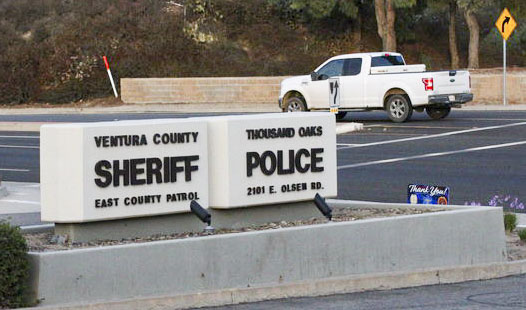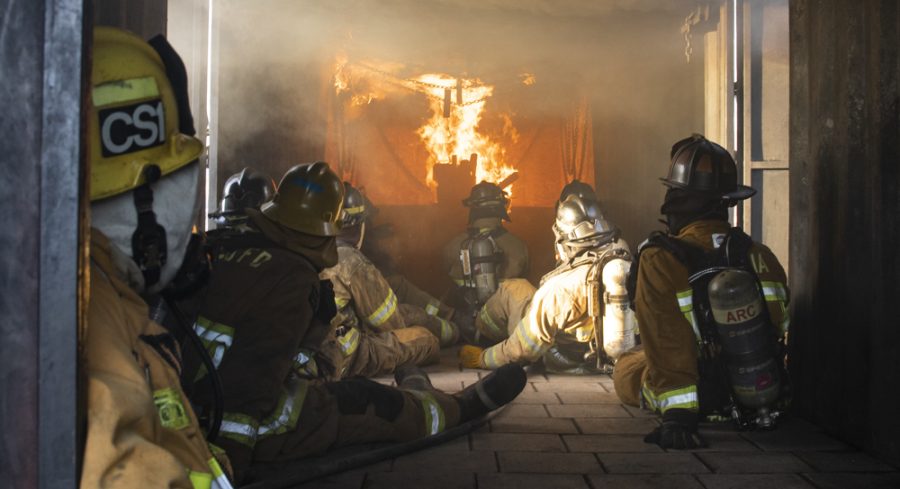The invasion and occupation of Iraq began on March 20, 2003. A day that changed more lives than the horrific events of September 11th. In the five years we’ve been at war, we’ve lost 4000 American soldiers and spent 500 billion dollars with no end in sight.
The most significant part often overlooked is that this war was not a declared war, like the U.S. Constitution specifically says it has to be. Since World War II, we’ve gone into foreign lands by enforcing U.N resolutions rather than following correct constitutional protocol. By granting the president authority to use force, we are simply giving away the power congress is entrusted with in maintaining the checks and balances.
After September 11th, we had one mission: to find and kill the ones responsible. There were many targets but the most crucial and important was Osama Bin Laden along with his cohorts in Al-Qaeda. Most of the enemy was in Afghanistan siding with the Taliban. He was believed to be hiding in Afghanistan’s mountainous terrain. After the dismantling of the Taliban, the U.S. lost track of Osama and now it is believed he is hiding away in the mountains of Pakistan. One problem: since Pakistan is an “important” ally, we cannot follow pursuit into the region fearing repercussions from a nuclear armed nation on the brink of chaos.
With the public eagerly wanting someone to pay for the terrorist attacks on our soil, the public was led on what seemed like a connection to Saddam and Iraq.
Administration officials deny they connected the two but the evidence abounds. In October 2002, playing on the fears of the American public, the president gave us a line of another possible attack on our soil,
“Facing clear evidence of peril, we cannot wait for the final proof — the smoking gun — that could come in the form of a mushroom cloud.” Saddam did in fact earlier gas his own people while committing other atrocities but he was in no way a threat to the United States. Those weapons of mass destruction were never found albeit there is some debate whether he secretly got rid of them.
While anti-war activists protested all around Washington, President Bush spoke at the Pentagon for the anniversary. Strictly reiterating what he believes are hard fought gains, since the implementation of the surge, and could easily be lost if we were to draw down troop levels. But with two thirds of public sentiment against the war, it’s difficult to see a reason for us to be on Iraqi soil.
“Five years into this battle, there is an understandable debate over whether the war was worth fighting, whether the fight is worth winning, and whether we can win it,” said Bush. “The answers are clear to me. Removing Saddam Hussein from power was the right decision and this is a fight that America can and must win.”
Current U.S. troop levels are at 158,000 for Iraq. It’s expected to drop to 140,000 by summer in drawdown’s but it will still leave 8,000 troops more than the pre-surge numbers.
All the blame for the war can’t be solely put on the administration. The Democrats were elected to congress in the 2006 mid-term elections specifically for the purposes of ending the war yet they haven’t done a thing about the war. Do-nothing congress indeed.
With a mere eight months left in the Bush presidency, hopefully those war drums stop beating and this administration comes to a sensible, humble foreign policy. The rumor of Iran being the next target for preemptive war is just demonstrably ridiculous and hopefully false. The philosophy of nation and empire building has never worked; just ask the Romans.





